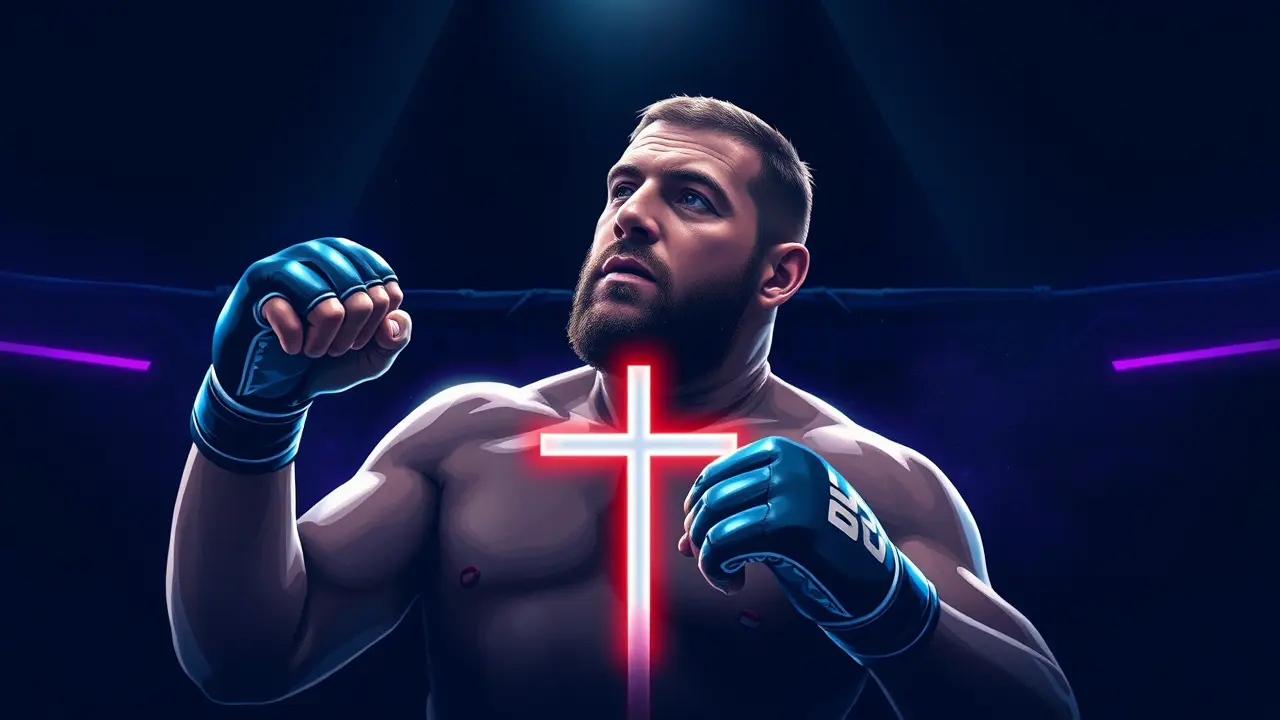Fedor Emelianenko Rules Out Rematch with Andrei Arlovski
In a move that feels less like a dodged punch and more like a final chapter closing, the legendary Fedor Emelianenko has officially shut the door on a potential rematch with former foe Andrei Arlovski, and the reason has nothing to do with physical readiness and everything to do with spiritual peace. The call-out, which played out more like a social media trash-talk session than a respectful challenge from Arlovski, was met with a characteristic stoicism from 'The Last Emperor,' who essentially said he doesn't engage in that kind of 'demonic language' and pointedly referenced the wisdom of Serbian Patriarch Pavle: 'We can be offended only as much as we allow ourselves to be offended.' This isn't just fight-game politics; it's a philosophical stance from a man who has transitioned from being one of the most feared heavyweights in MMA history to a figure guided by a profound faith, suggesting that Arlovski's verbal jabs are a reflection of internal turmoil rather than a legitimate sporting provocation. The contrast in their post-fight legacies couldn't be starker.Their first encounter, a highlight-reel moment from January 2009 under the Affliction banner, saw Emelianenko deliver a devastating knockout that is still replayed in MMA montages, a testament to his prime-era explosiveness where he seemed less a man and more a force of nature, dismantling a who's-who of the division including Mirko Cro Cop and Antonio Rodrigo Nogueira. That Fedor operated with a quiet, almost serene lethality, a style that has made his current dismissal of the rematch all the more definitive.He draws a clear line, comparing the potential for a positive, legacy-cementing bout with a respectful rival like Cro Cop—a fight he admits he'd still be ready for, recalling their epic 2005 clash with fondness—to the distasteful prospect of stepping back into the cage with someone he perceives as operating from a place of 'spite' and 'filth. ' This decision speaks volumes about the evolving nature of combat sports, where manufactured beef and WWE-style promos often drive ticket sales, but Emelianenko is refusing to play that game, prioritizing personal principle over a lucrative, albeit toxic, payday.It raises a fundamental question for the modern fight fan: what constitutes a worthy rematch? Is it purely based on a competitive first bout, or does the narrative and mutual respect between athletes matter? In this case, Emelianenko is making it clear that the latter is non-negotiable. He implicitly questions the authenticity of someone who claims faith yet trades in 'nastiness,' stating, 'If we have put on the cross, it means we must carry it.' This isn't just a fighter avoiding a tough opponent; Arlovski, while no longer in his prime, remains a dangerous veteran in the UFC. This is a conscious choice to disengage from a cycle of negativity, a move that could be seen as a loss for dramatic spectacle but a win for the soul of a sport often criticized for its brutality beyond the physical.The aftermath leaves Arlovski's call-out echoing in an empty arena, a challenge unanswered not out of fear, but out of a higher calling. For Emelianenko, whose legacy is already etched in granite, this is a powerful final statement on how he chooses to define his remaining time in the public eye—not through recycled conflicts fueled by bitterness, but through the quiet dignity of a warrior who has already won his most important battles.
MA
Mark Reynolds123k2 days ago
respect for sticking to his principles tbh, not everything has to be a circus for a payday
0
